Dec 18, 2019 As most of you know, the scratchlfs system has exhibited performance issues and instability for some time. We're pleased to announce that a replacement system has been delivered, built, tested, benchmarked, and is ready for your use now at /n/scratchlfs02 . Along with regular monthly maintenance on January 13th, 2020 ( https://www.rc.fas.harvard.edu/monthly-maintenance ), some changes…
Holidays and Tech: Your first computer
A bit of fun before the holiday break. One thing that people in our profession can count on is 'your first computer'. There is one for each of us, and generally they hold a special place in our hearts and very often they're tied to holidays or birthdays. We did an impromptu survey of FASRC (as well as with some…
Cannon makes super-computing Top 500 List
The November 2019 Top 500 List has just added Cannon, and we're very pleased to say we've ranked #144 overall and # 7 on the US academic list. We and the Harvard FAS are very proud to have Cannon in such a prominent position in the list. It demonstrates Harvard's commitment to pushing the envelope to provide its researchers with…
On Artificial Intelligence
by Paul Edmon, November 20, 2019 Currently in the realm of computer science there is no hotter topic than Artificial Intelligence (AI) and Machine Learning (ML). However as this slide deck from Professor Arvind Narayanan at Princeton notes there is also a lot of snake oil going around too. Thus an understanding of AI is important in our current day…
Harvard/Yale meetup at MGHPCC
by Maggie McFee - Nov. 13, 2019 While attending the PEARC conference, Maggie and Austin ran into some of our Yale Research Computing counterparts: Kaylea, Robert, and Ben. While there's an intense sports rivalry between the two schools, this wasn't the case with our RC departments. We really hit it off well and we talked about our similarities, differences,…
What’s Old is New Again
by Paul Edmon, November 4, 2019 As Solomon said "there is nothing new under the sun", and so it is with archival technology. Hollywood it seems has stumbled on the trick of etching glass to store data for long term (i.e. centuries). Fun thing is this is a return to previous methods of storage. A general rule about data, the…
A Cautionary Tale
by Paul Edmon, October 16, 2019 First, in order to not bury the lede, if you are a chemist using or have used the "Willoughby-Hoye" python scripts please be advised that there is a bug which may impact your results. It is advised that you re-verify your results with the updated patched version. See these articles for more details: https://pubs.acs.org/doi/10.1021/acs.orglett.9b03216…
Convergent regulatory evolution & loss of flight in paleognathous birds
The Evolution of Flightless Birds: Study explores the genetics behind how they developed "Since Darwin’s era, scientists have wondered how flightless birds like emus, ostriches, kiwis, cassowaries, and others are related, and for decades the assumption was that they must all share a common ancestor who abandoned the skies for a more grounded life. By the early 2000s, new…
FASRC Cluster Refresh 2019
As of the November 2019 rankings, Cannon has ranked #144 on the Top500 list! For current cluster details, please see: https://www.rc.fas.harvard.edu/about/cluster-architecture/ For current partition configurations and changes, please see the Running Jobs page The lease on the Odyssey compute cluster comes to an end this year, and a hardware refresh of the cluster will occur in September. Current ETA for…
Deep learning of aftershock patterns following large earthquakes
Phoebe M. R. DeVries, Fernanda Viégas, Martin Wattenberg & Brendan J. Meade "Aftershocks are a response to changes in stress generated by large earthquakes and represent the most common observations of the triggering of earthquakes. The maximum magnitude of aftershocks and their temporal decay are well described by empirical laws (such as Bath’s law and Omori’s law), but explaining and forecasting…

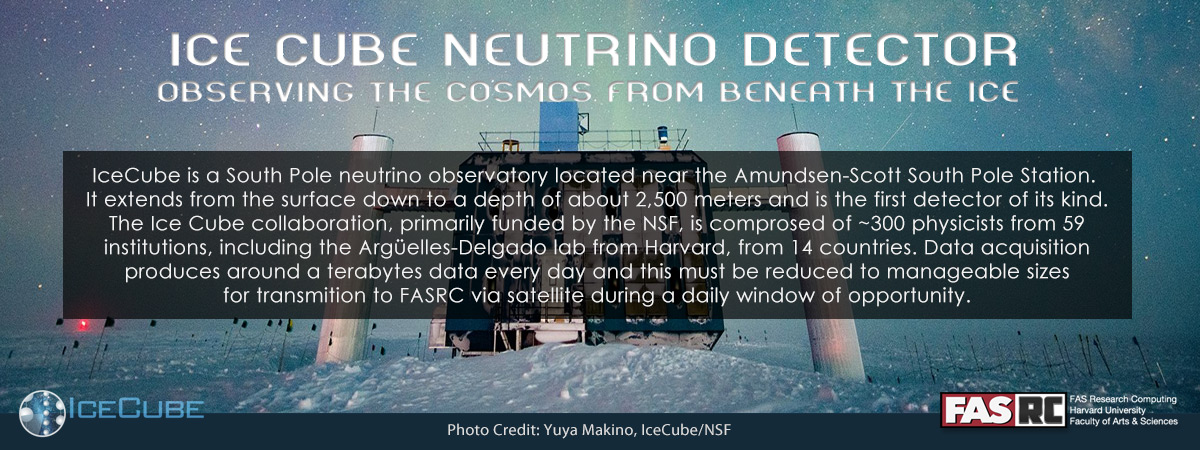
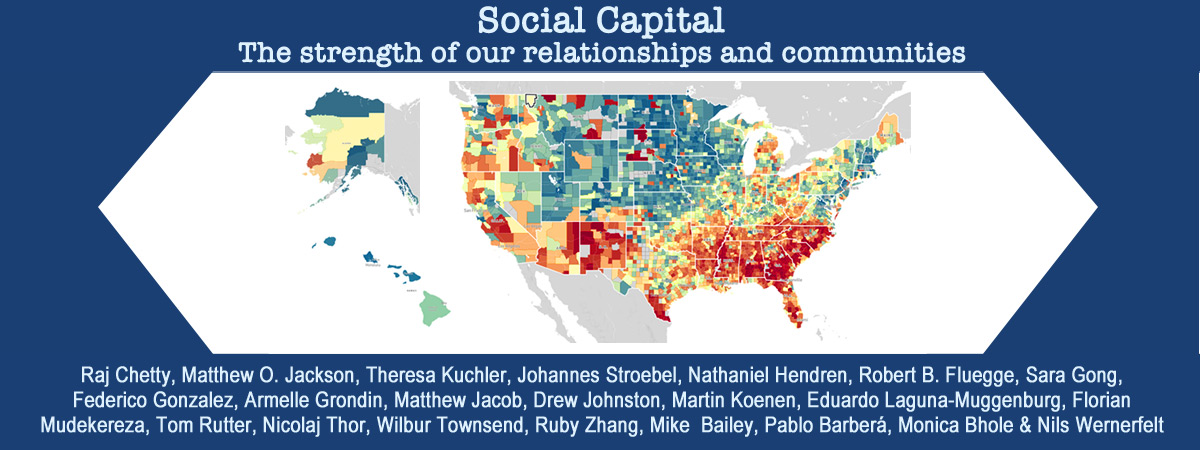
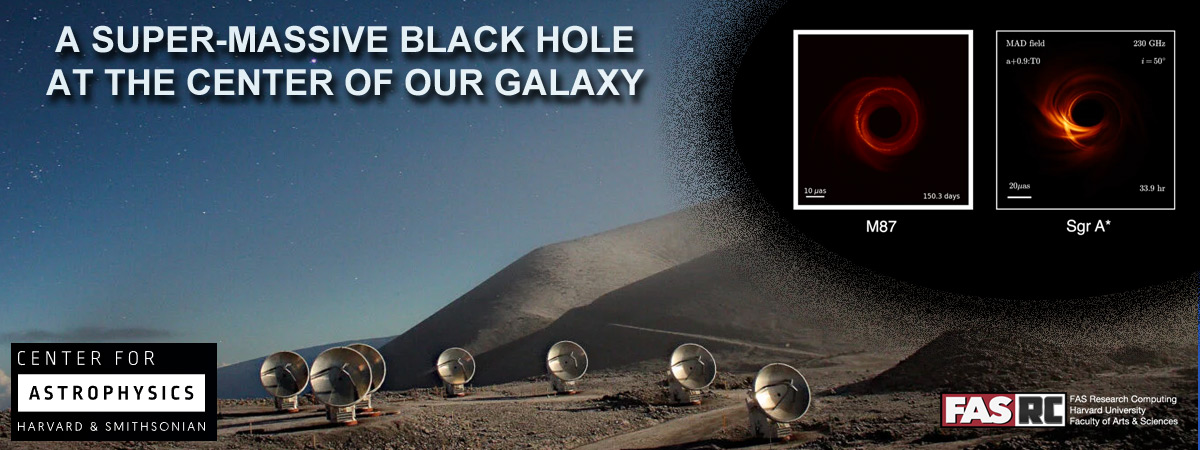
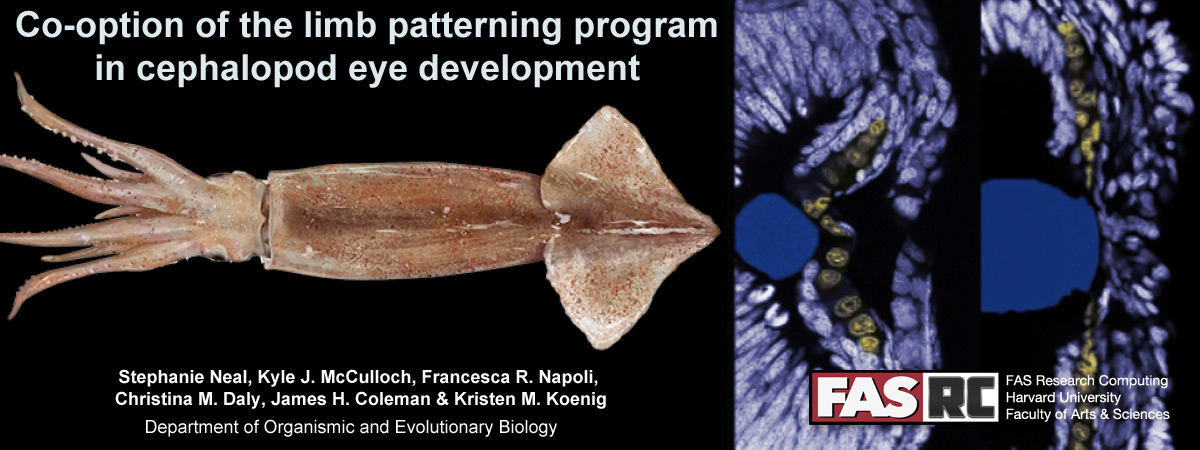
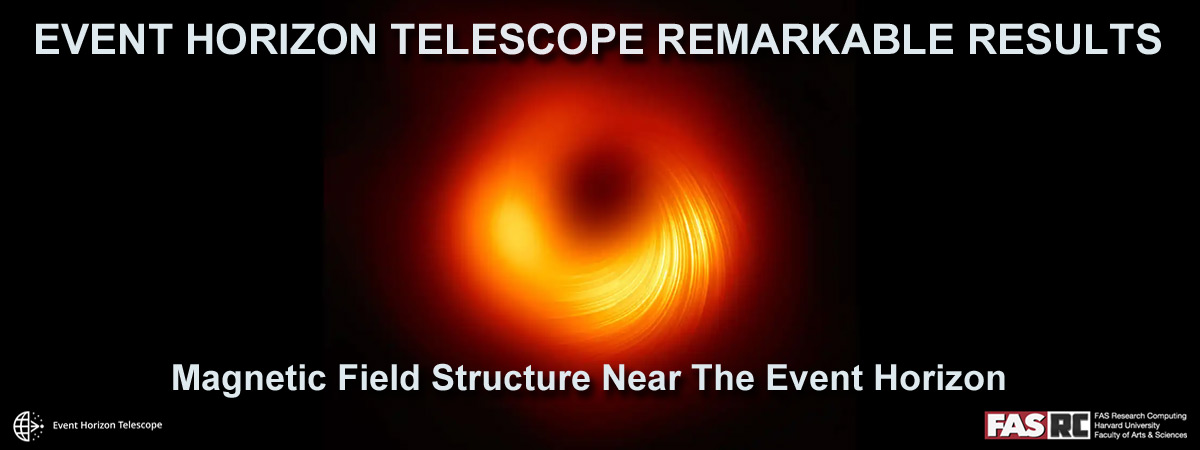
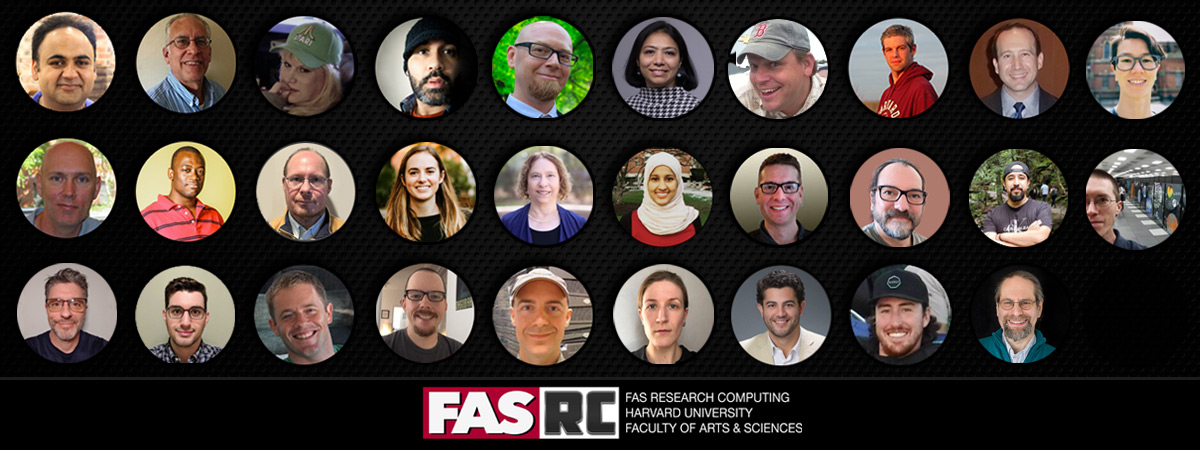

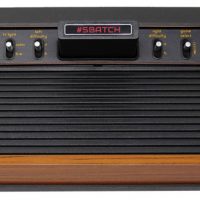
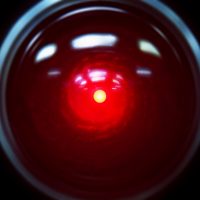
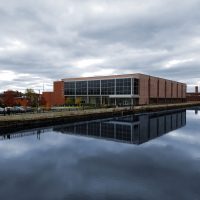
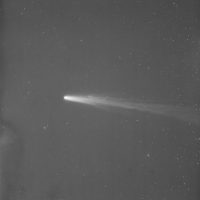
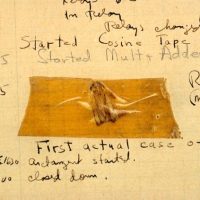
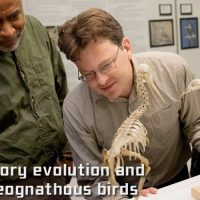
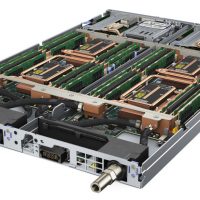
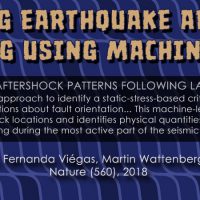
You must be logged in to post a comment.